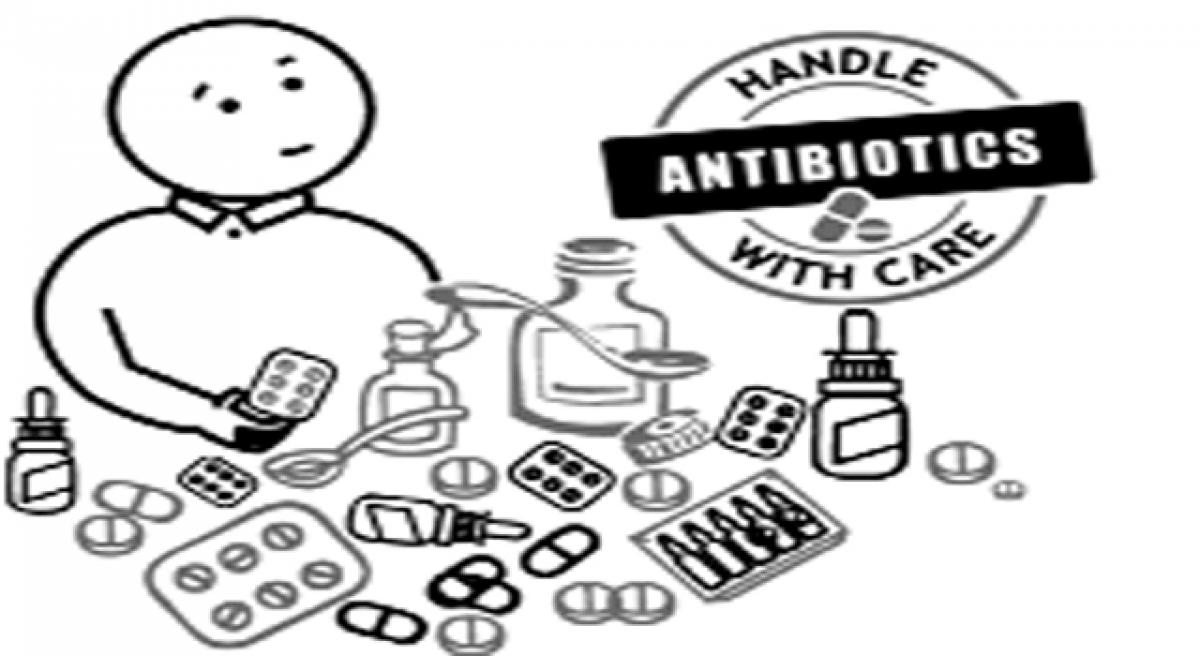Antibacterial resistance

Antibiotics are medicines that combat infections caused by bacteria. However, due to misuse and overuse of antibiotics, many bacterial strains are developing antibiotic resistance.
Antibiotics are medicines that combat infections caused by bacteria. However, due to misuse and overuse of antibiotics, many bacterial strains are developing antibiotic resistance.
Antibiotic resistance occurs when an antibiotic is no longer effective at controlling or killing bacterial growth. Bacteria which are ‘resistant’ can multiply in the presence of various therapeutic levels of an antibiotic. Sometimes, increasing the dose of an antibiotic can help tackle a more severe infection but in some instances — and these are becoming more and more frequent — no dose seems to control the bacterial growth.
Each year, 25,000 patients from the EU and 63,000 patients from the USA die because of hospital-acquired bacterial infections which are resistant to multidrug-action.
The ECDC/EMA Joint Working Group estimated in 2009 that the cost due to multidrug-resistant bacterial infections amounts to EUR 1.5 million in the EU alone. According to a 2013 CDC report titled “Antibiotic Resistance Threats in the United States“, antibiotic resistance is responsible for $20 billion in direct health-care costs in the United States.
Antimicrobial resistance threatens to undermine all the immense clinical and public health progress we’ve come to achieve so far. This is a very complex problem that requires concentrated and coordinated efforts of microbiologists, ecologists, health care specialists, educationalists, policy makers, legislative bodies, agricultural and pharmaceutical industry workers, and the public to deal with.
The main challenges in dealing with antibiotic resistance are, on one hand, genetically acquired immunity and, on the other hand, fewer and fewer novel drugs. Since the 1970s, the rate at which new antibiotic classes have been discovered has continued to drop.
No novel drug classes have been developed in the last 20 years. Researchers nowadays agree that, at this current rate, humanity is destined to lose the arms race as sooner or later bacteria will acquire resistance to modified versions of currently available antibiotic classes. (Tibi Puiu; Courtesy: www.zmescience.com; more details at https://www.zmescience.com/medicine/antibiotic-resistance-0423423)




















